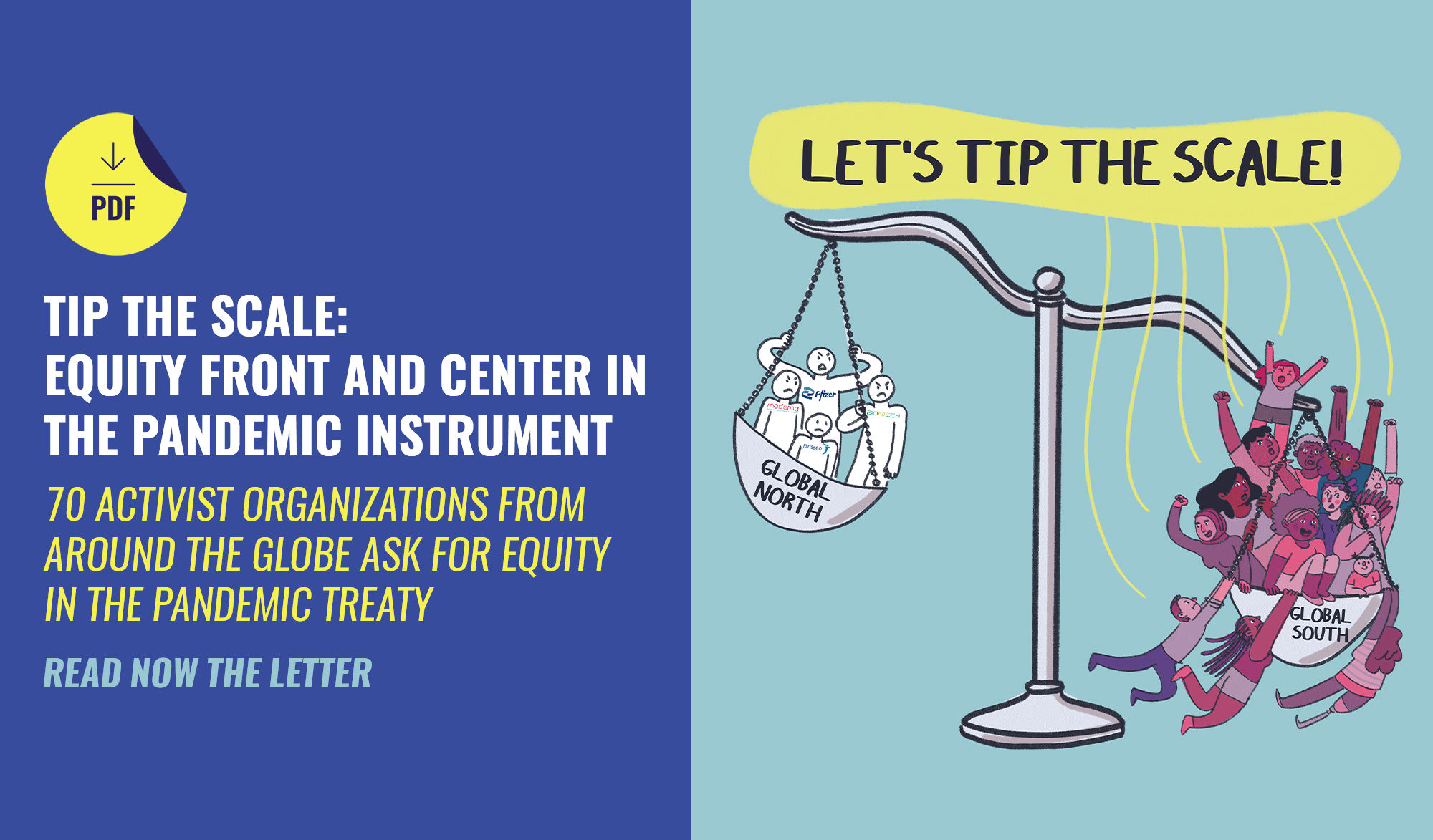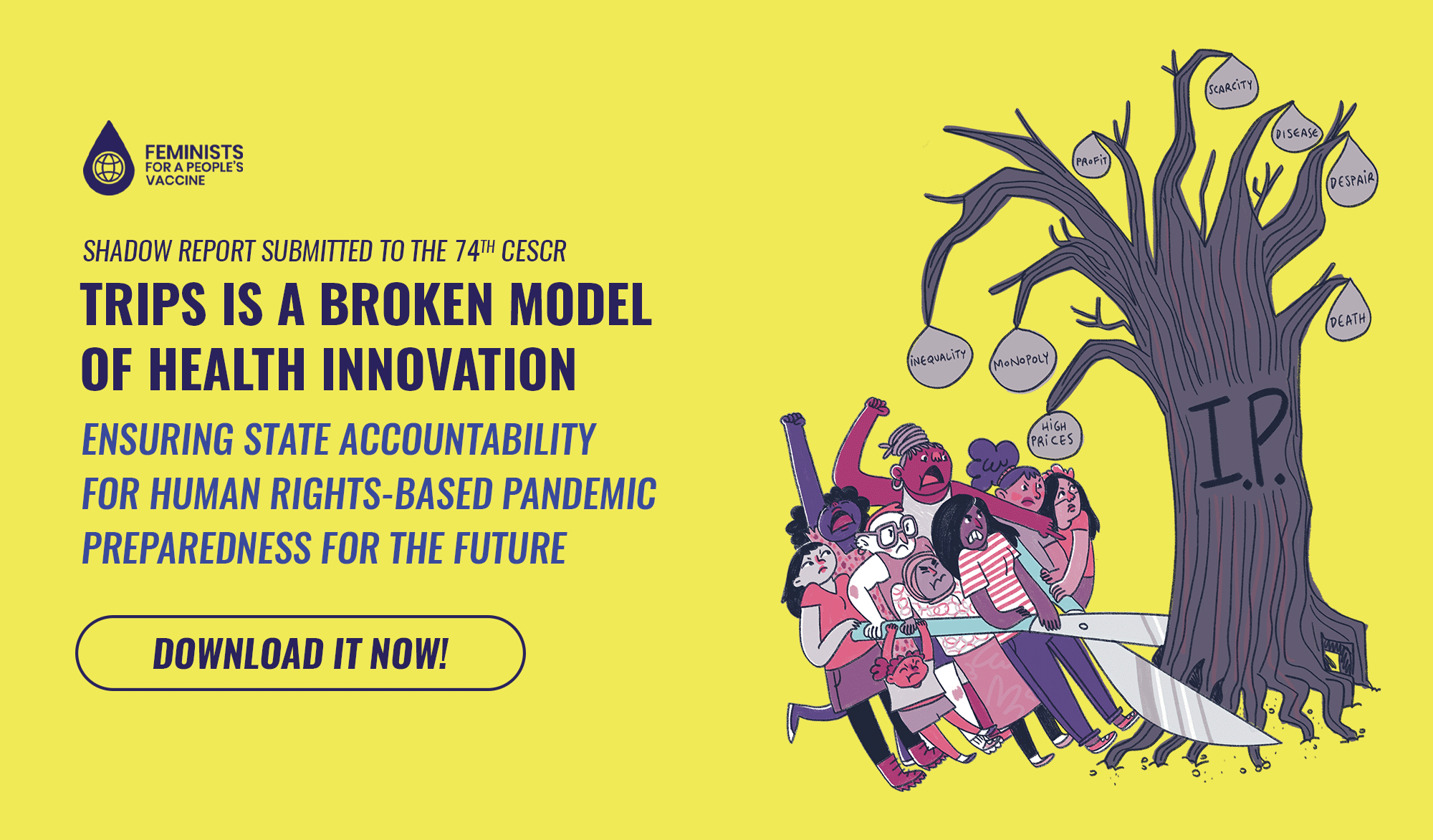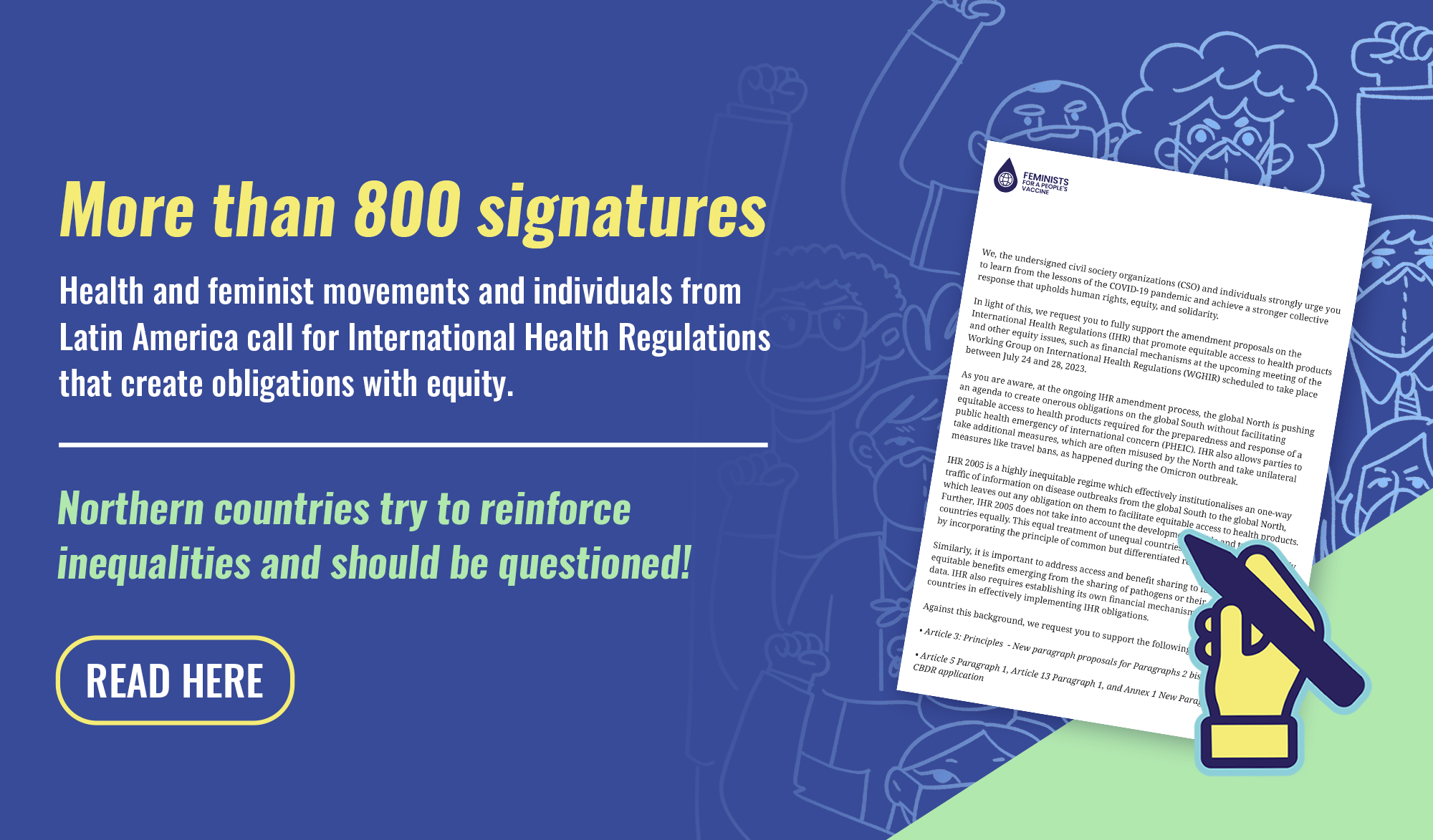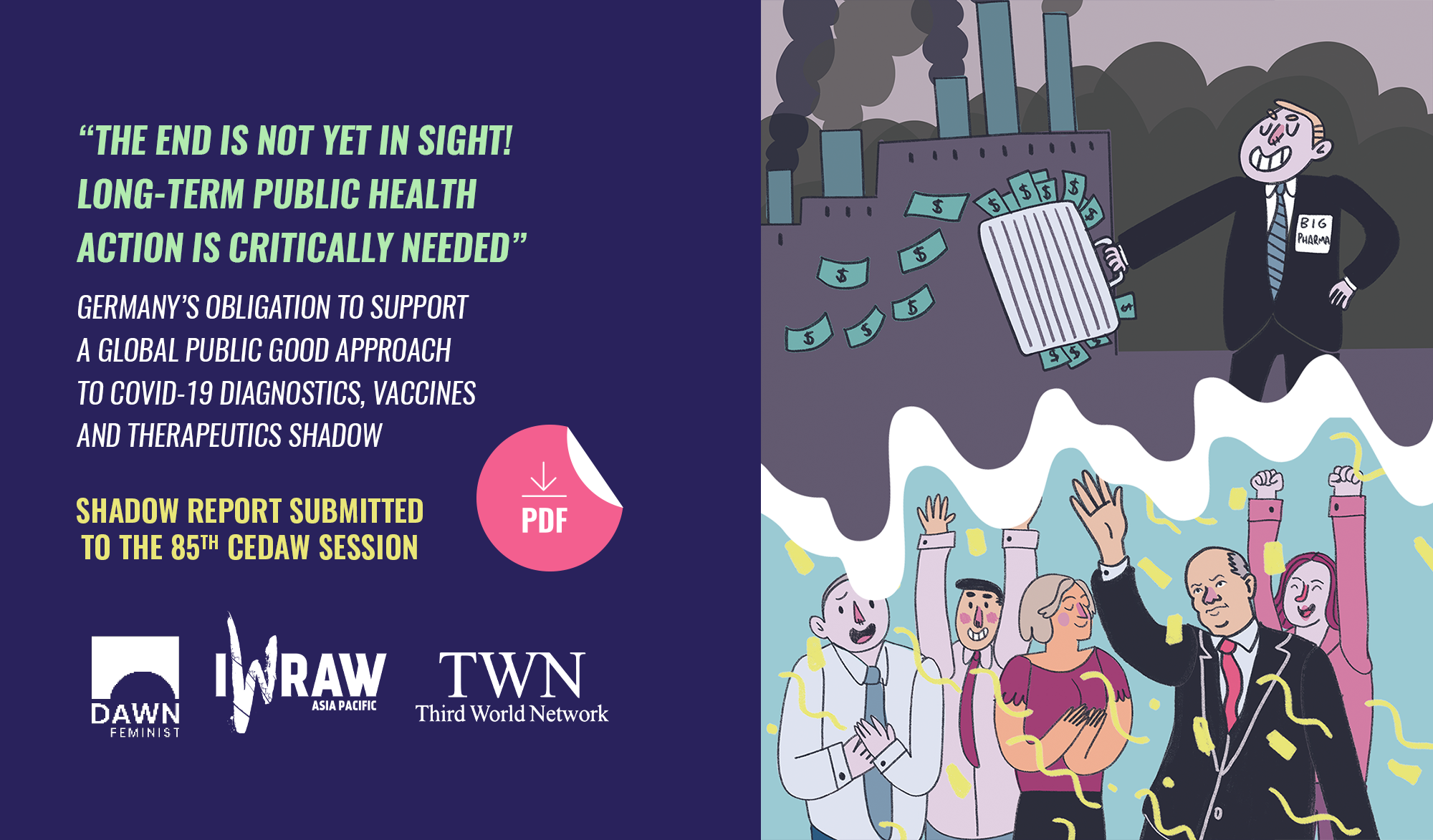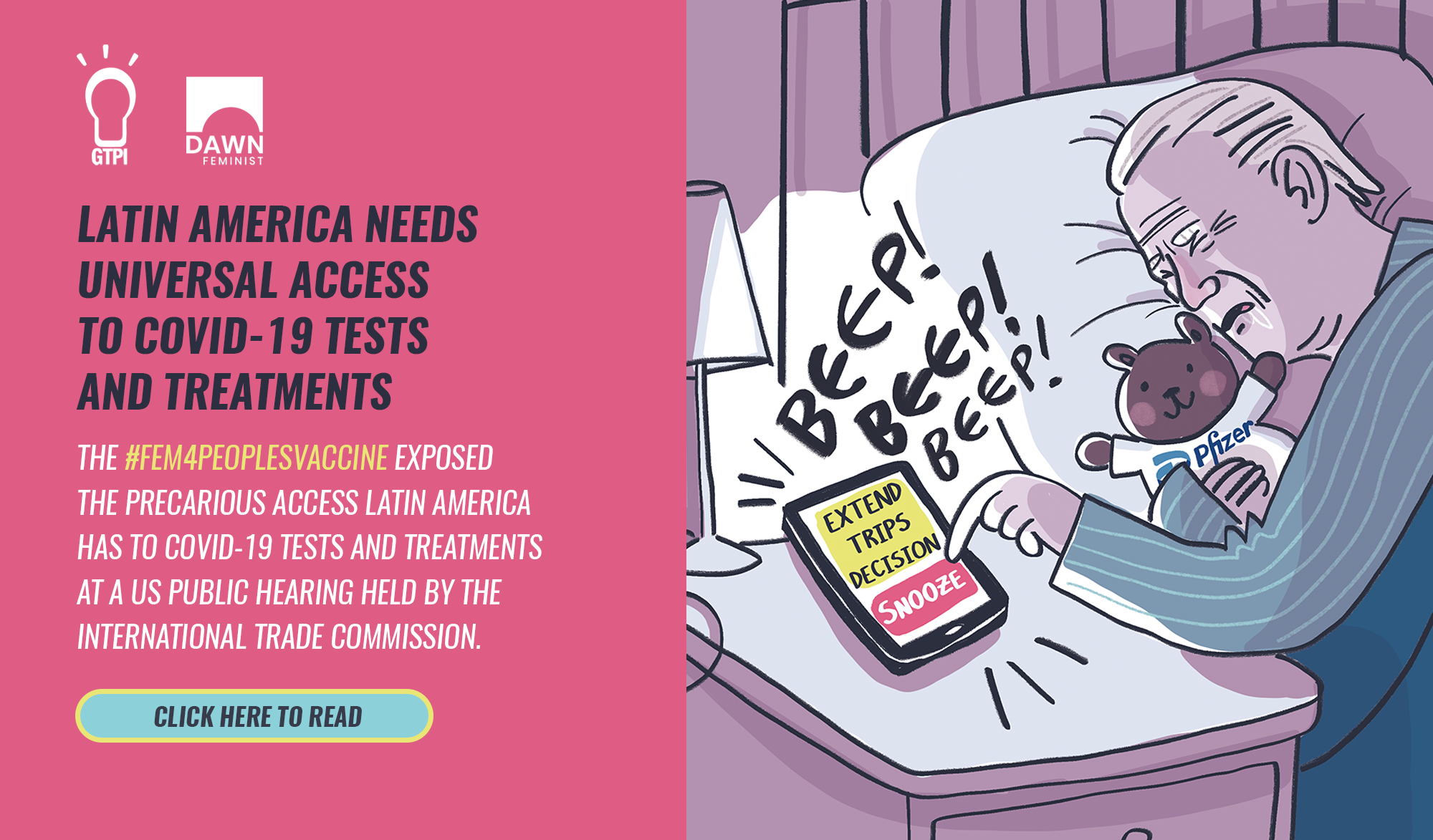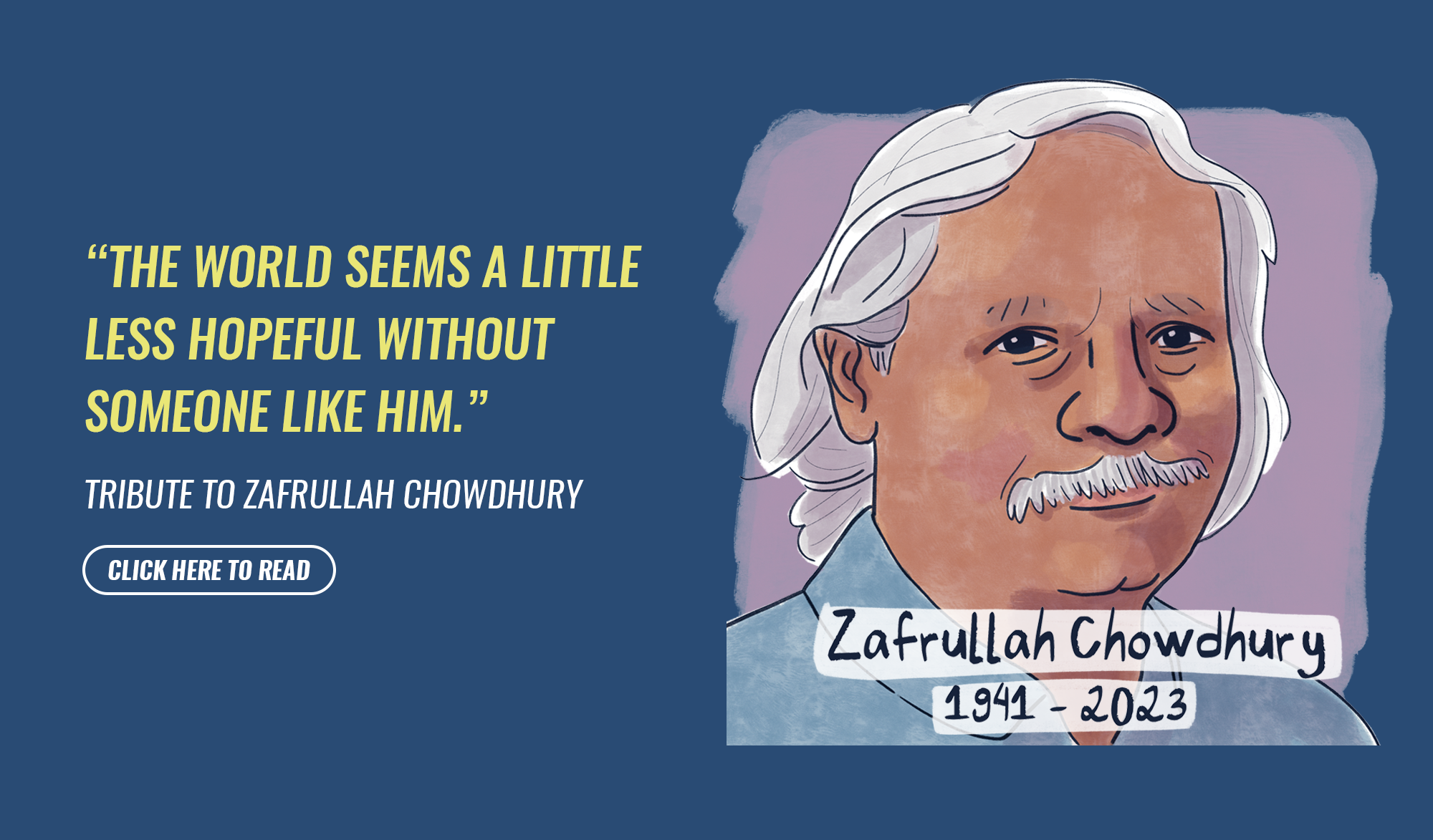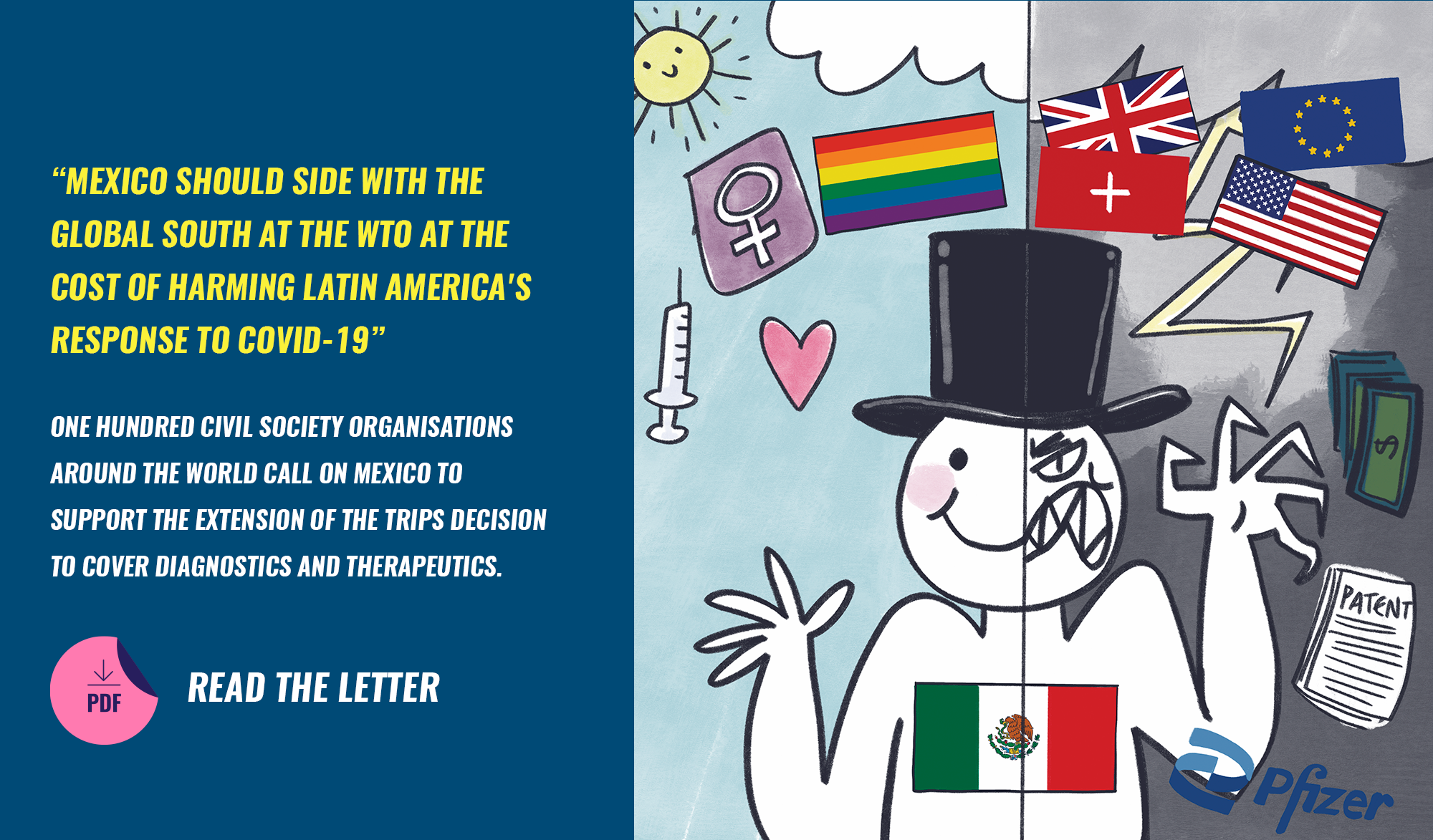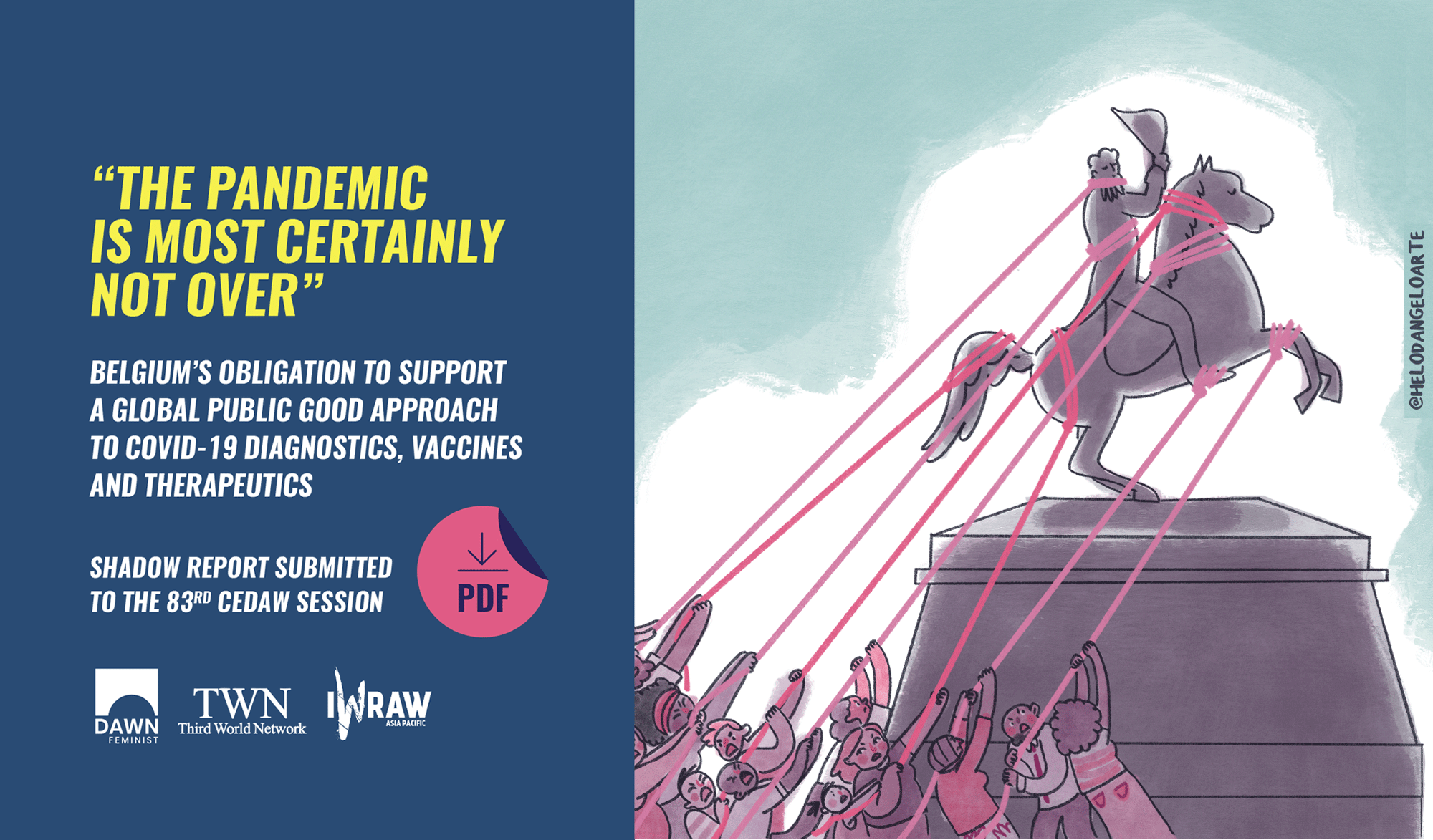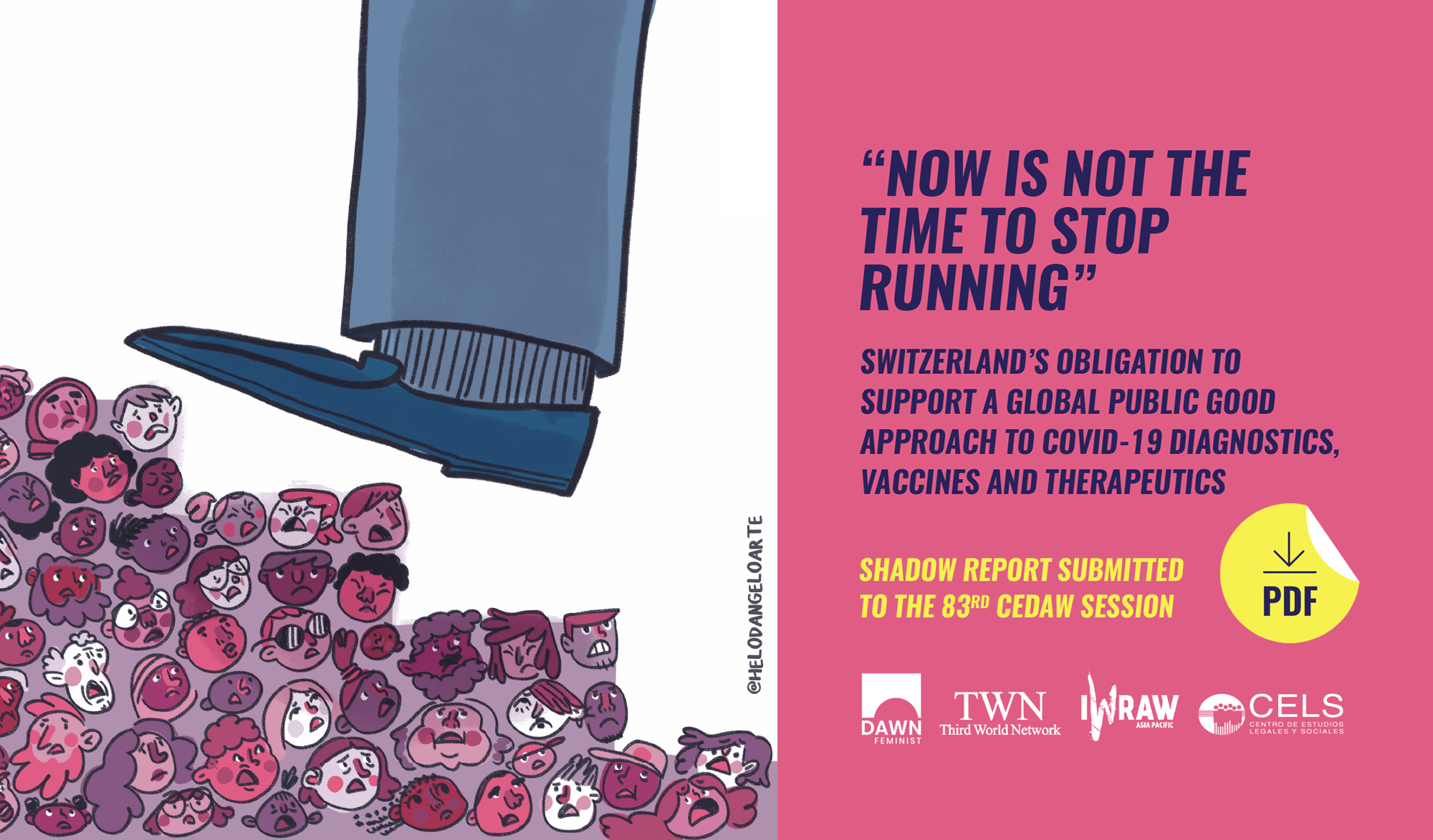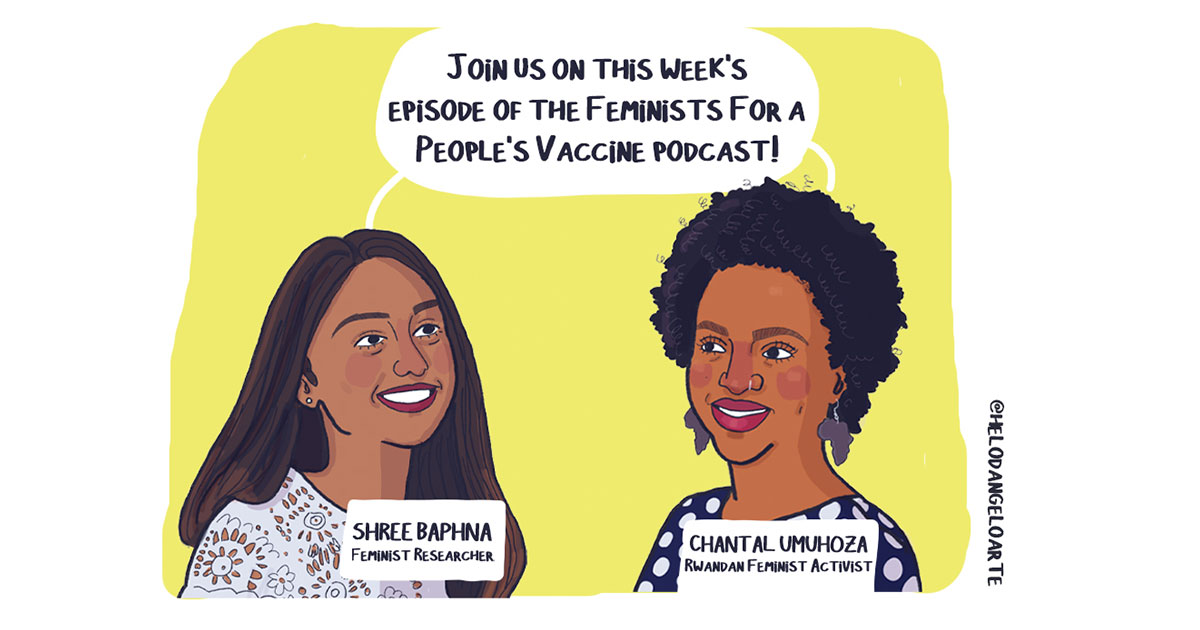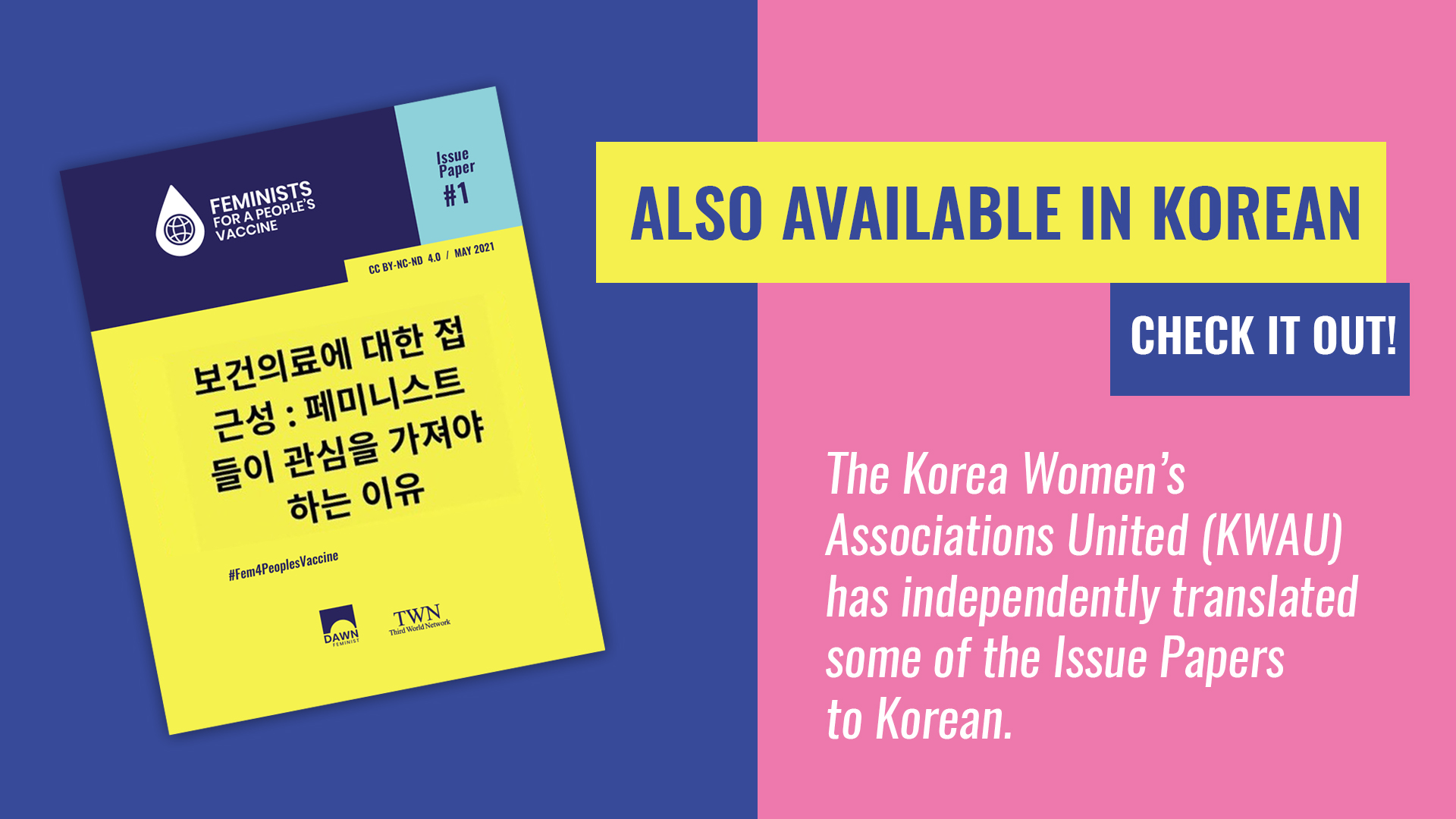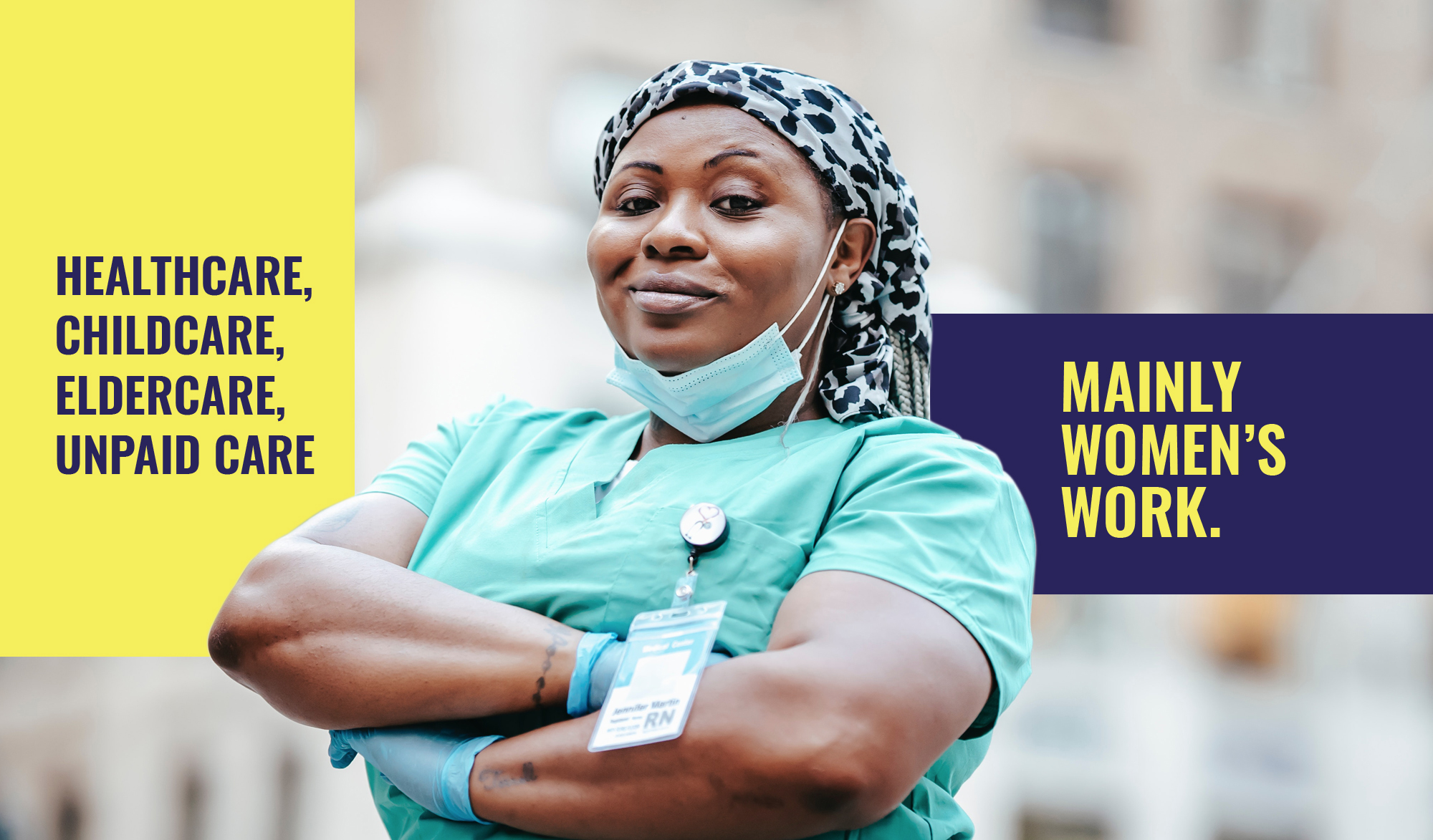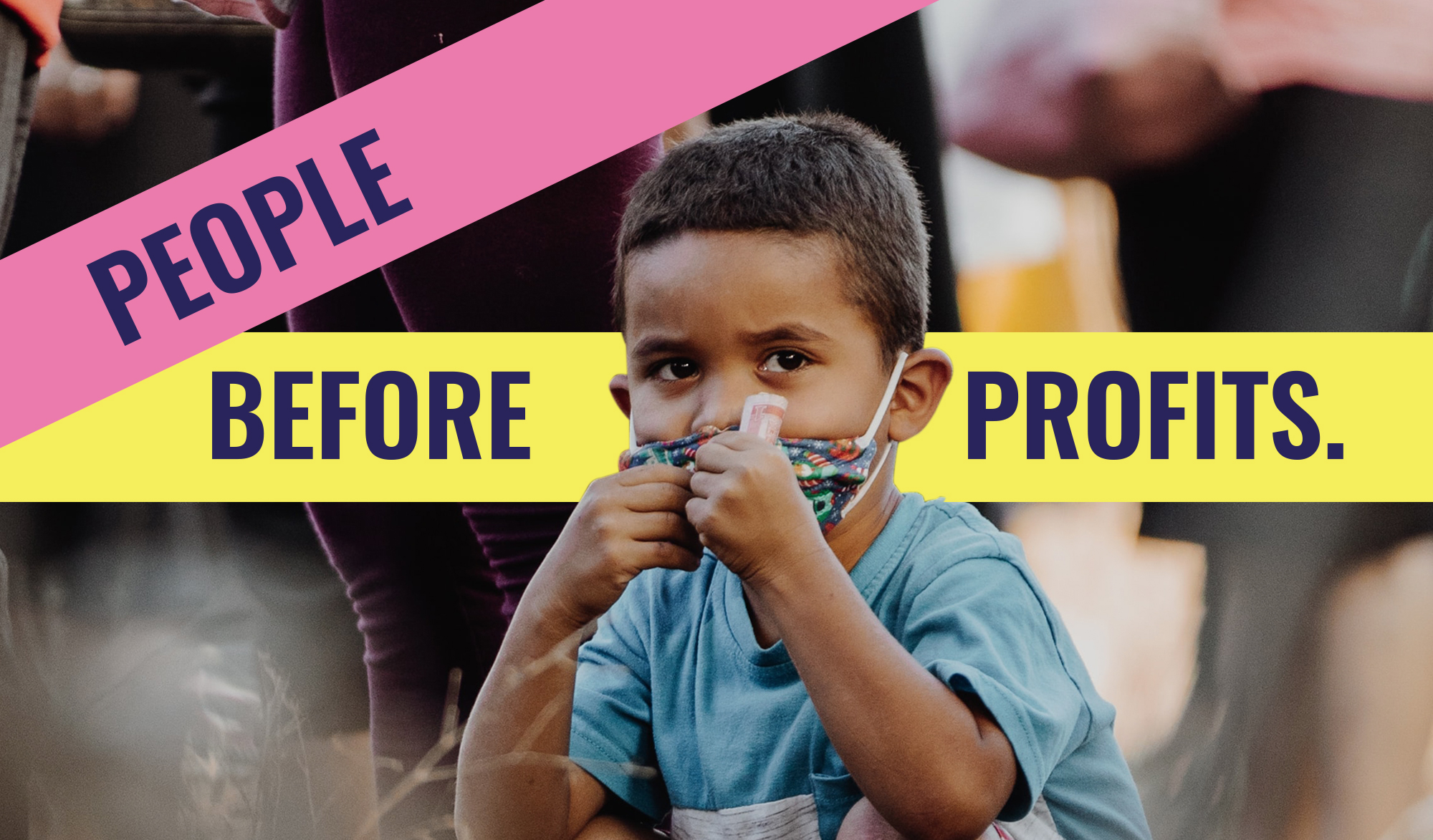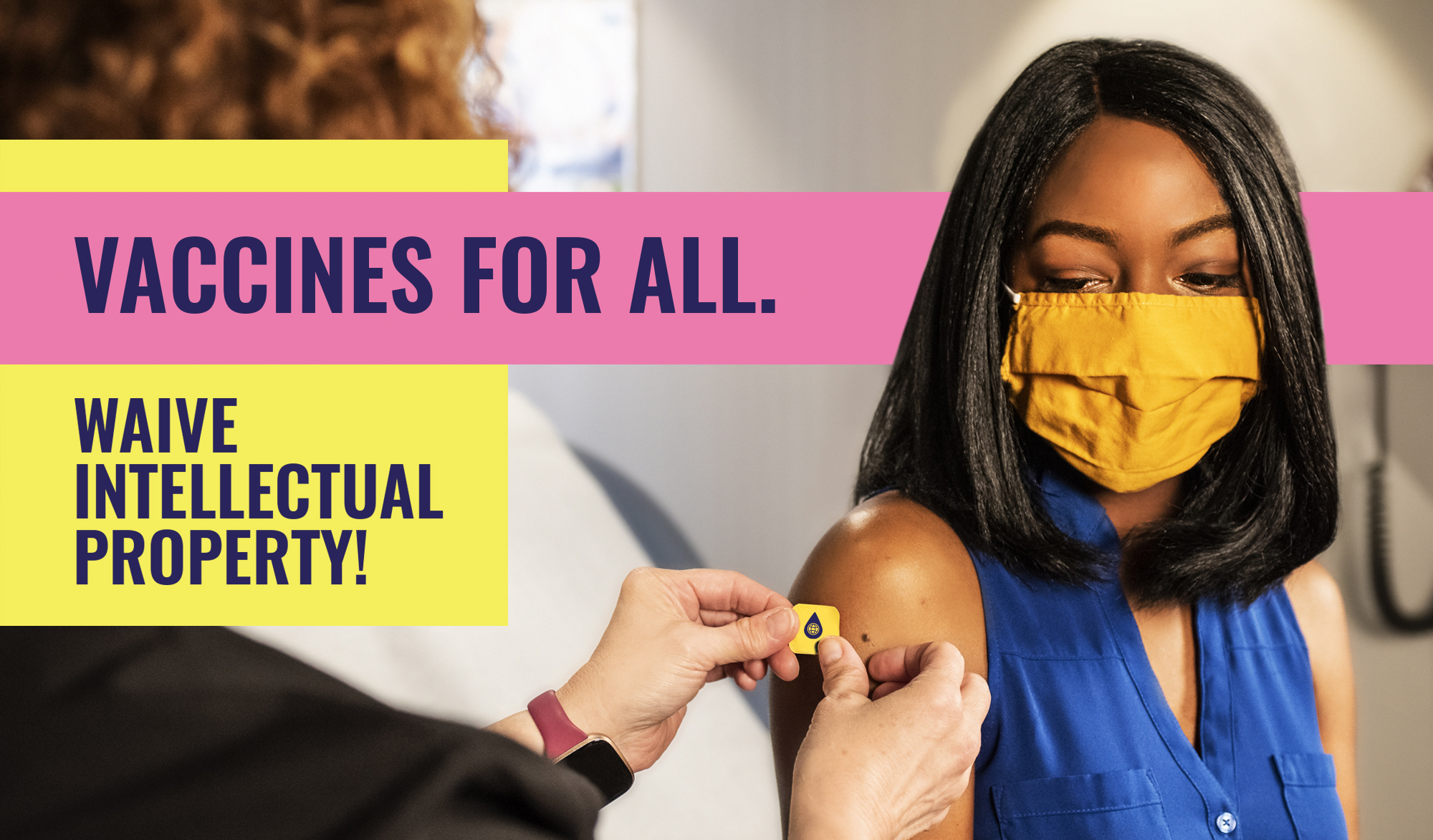Latest
What is the Global Health and Care Workers Compact and how does it protect women who work caring for others?
Health and care workers deserve work conditions that ensure their safety and dignity and support their gender-specific needs. The Global Health and Care Workers Compact outlines recommendations to protect health and care worker rights, promote decent work, and ensure non-discriminatory practices. Drawing from various international conventions, treaties, and declarations, including those from the International Labour Organization (ILO) and the World Health Organization (WHO), the Global Health and Care Workers Compact is structured around four key domains: preventing harm, providing support, promoting inclusivity, and safeguarding rights. The key focus of preventing harm specifically addresses the unique challenges faced by women healthcare workers. This includes implementing measures to protect pregnant or nursing workers and individuals with vulnerabilities through appropriate infection prevention and control policies. Additionally, the compact emphasizes the importance of educating employers of domestic workers with care duties to ensure a healthy and safe work environment. The pandemic showed that equitable access to personal protective equipment (PPE), vaccines, therapeutics, and diagnostics during public health emergencies is just the beginning. But it is not enough. The #Fem4PeoplesVaccine campaign calls for prioritizing the intersectional needs of women working in both the formal and informal healthcare sectors. Caring for carers and ensuring their safety and dignity are imperative for a fair and equitable pandemic recovery. 🚨 Swipe left ⬅️ to read more. Read more about the Global Health and Care Workers Compact here https://www.who.int/publications/i/item/9789240073852
The world cannot be gender-blind again for the next #pandemic
According to the Women in Global Health Report, women make up a majority of healthcare workers. But during the pandemic, only 14% of female #healthcare workers around the globe had access to PPEs (personal protective equipment) that properly fit them. The manufacturing specifications for medical PPEs are designed for US and European males and do not consider the physical needs of the estimated 70% female health workforce. The gender blindness of the medical PPE design was just one of the indicators of #genderinequities in the pandemic response. Medical PPEs were essential in protecting healthcare workers from COVID-19 infection. However, the global shortage of PPEs and its single-use design forced many women healthcare workers to stay in their PPEs for hours. Healthcare workers reported compromising menstrual hygiene and being unable to change their sanitary pads. Additionally, ill-fitting PPE (which includes gloves, goggles, facemasks, and protective suits) placed women healthcare workers at a higher risk for exposure to the virus.
The #Fem4PeoplesVaccine campaign calls for women’s experiences with medical PPEs to be taken into account as a crucial step in ensuring a gender-equitable #pandemicresponse. A fair and just pandemic response must consider the #safety and dignity of healthcare workers.
Swipe left to read more ✨
😷 Viruses and pandemics don’t discriminate.
😷 Viruses and pandemics don’t discriminate. They affect everyone, but not everyone is affected equally. Factors such as class, age, geographic location, ethnicity, and gender intersect and dramatically impact a person’s ability to navigate and recover from a pandemic. Considering and understanding the intersectional ways people experience a pandemic is essential to equalizing access to health and medicine. In the latest episode of the #Fem4PeoplesVaccine podcast, researcher and PhD candidate Cristiane Pereira talks with Sara Davis, a Griffith University professor and deputy director of the Indo-Pacific Centre for Excellence for the Elimination of Violence Against Women. Cristiane and Sara discuss the tyranny of the urgent or how emergencies should not justify governments rolling out a one-size-fits-all pandemic response. A fair and just pandemic response must consider the needs and rights of vulnerable populations.
What is “migrant-responsive” health policy?
#Fem4PeoplesVaccine and the Women in Migration Network (@wimn_migration ) continue to shed light on the harsh realities migrants faced during the pandemic. Restricted access to healthcare, job insecurity, and racism/xenophobia are challenges migrants face every day. The pandemic worsened and widened existing gaps, leaving migrant communities more vulnerable. Migrant women, in particular, felt the intersectional and compounded impact of lockdown measures and exclusion from healthcare programs. Women in violent relationships were trapped with their abusers and cut off from crucial support services. Migrant women faced the loss of jobs, intensification of care work with children in remote schooling, xenophobia, and dangerous work as “essential workers”, all of which compounded health challenges.” As a #pandemictreaty is being negotiated at the World Health Organization, we must not lose sight of the grassroots issues. While high-level discussions take place on equity issues in the negotiations for the Pandemic Treaty, the struggles on the ground demand attention and planning. 🫱🏾🫲🏾 Together, let’s advocate for healthcare responses that prioritize migrants and the intersectional needs of migrant women to prevent inequalities from deepening. #MigrantHealth #WomensRights #pandemicresponse
Migrant-Responsive Health Policy
The #Fem4PeoplesVaccine and Women in Migration Network (WIMN) continue to call for a migrant-responsive health policy to ensure equitable access to healthcare. A migrant-responsive health policy recognizes the multiple oppressions migrants face due to gender, race, and immigration status to ensure equitable access to healthcare. Governments must acknowledge and mitigate barriers to healthcare for undocumented migrants such as fears of deportation or detention. “Firewalls” that safeguard against the sharing of data between medical staff and law enforcement should be instituted. States must engage migrant women as implementation partners who play a pivotal role in shaping healthcare policy. Migrant women, as trusted members of their community, should also be consulted in drafting healthcare messages that use language that is inclusive and non-discriminatory. In addition, monitoring and evaluation programs must ethically collect migrant-specific disaggregated data about healthcare access of women, marginalized ethnic and racial groups, LGBTQI migrants, and undocumented migrants. Paramount and parallel to this is the protection of this data. Migrant information data must be collected and stored in a way that protects the identities of migrants. Data must not be shared with law enforcement for surveillance or expulsion based on migration status. While high-level discussions take place to negotiate a #pandemictreaty focusing on equity at the World Health Organization, a fair, equal, and effective pandemic response requires an intersectional migrant-responsive health policy. This must be done in parallel with the government suspending intellectual property rights on lifesaving supplies in times of health crisis. Women in Migration Network and #Fem4PeoplesVaccine are calling for a new social contract to avert widening inequalities as a result of health crises. In this new social contract, governments must provide universal public healthcare, better staffing, stronger health stockpiles and supply chains, and patent suspension in crises. Read more about how a new social contract that prioritizes people over profit is essential to a fair and equal pandemic response.
Opening Migration Pathways Improves Access to Health Services
Opening regular rights-based migration pathways should not just be a policy shift in response to a public health emergency. Regular rights-based migration pathways must be recognized as a principle to achieve fair and equal pandemic preparedness and recovery. From Portugal’s temporary regularization of irregular migrants to Colombia providing equal access to medical services for migrants and nationals alike, inclusionary migration reforms demonstrate the benefits of rights-based pathways. These policies must be done in parallel to the government waiving intellectual property rights on lifesaving supplies in times of health crisis. While high-level discussions take place to negotiate a #pandemictreaty at the World Health Organization, we must not lose sight of equity and grassroots issues. The #Fem4PeoplesVaccine and Women in Migration Network are working worldwide to advocate for universal public healthcare, better staffing, stronger health stockpiles, patent suspension in crises, and reshaping the global economy for health outcomes. Prioritizing people over profit is essential to a fair and equal pandemic response.
Pandemic Worsened Everyday Hardships Migrants Face
#Fem4PeoplesVaccine and the Women in Migration Network (WIMN) continue to shed light on the harsh realities migrants faced during the pandemic. Restricted access to healthcare, job insecurity, and racism/xenophobia are challenges migrants face every day. The pandemic worsened and widened existing gaps, leaving migrant communities more vulnerable. Migrant women, in particular, felt the intersectional and compounded impact of lockdown measures and exclusion from healthcare programs. Poorly planned and extreme movement restriction orders meant to curb the spread of the virus cut migrant women off from healthcare services in general, including sexual and reproductive healthcare services. Women in violent relationships were trapped with their abusers and cut off from crucial support services. Migrant women faced the loss of jobs, intensification of care work with children in remote schooling, xenophobia, and dangerous work as “essential workers”, all of which compounded health challenges.” As a #pandemictreaty is being negotiated at the World Health Organization, we must not lose sight of the grassroots issues. While high-level discussions take place on equity issues in the negotiations for the Pandemic Treaty, the struggles on the ground demand attention and planning. Together, let’s advocate for healthcare responses that prioritize migrants and the intersectional needs of migrant women to prevent inequalities from deepening.

